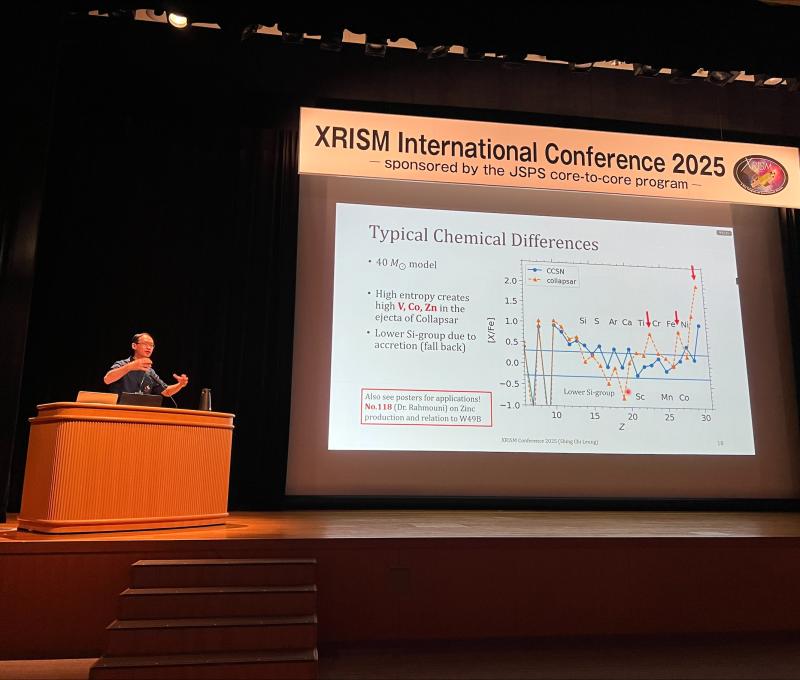SUNY Poly’s Prof. Weldon Publishes Research Articles on Conflict; Negative Bias of “Neutral” Stimuli; and Female Discounting of Future Appearance-Enhancing Products

Brain and Cognition published, “Perceived conflict may be negative but resolved conflict is not,” research conducted by SUNY Poly Cognitive Psychology Assistant Professor Dr. Rebecca Weldon with investigators from The George Washington University, Yeungnam University (South Korea), and Gwangju Institute of Science and Technology (South Korea).
The study revealed that “perceived conflict results in a smaller positivity bias”; “resolved conflict triggers neither a positive nor a negative bias”; and “the emotional outcome of a conflict is dependent on the task demand.” Read more here.
###
In September 2020, Dr. Weldon, with researchers from The George Washington University, and Yeungnam University, published, “Neutral but not in the middle: Cross-cultural comparisons of negative bias of “neutral” emotional stimuli,” in Cognition & Emotion.
The researchers “examined the negative bias of both neutral faces and scenes, cross-culturally between East Asians (e.g. Koreans) and Caucasian Americans,” in which, “for Korean faces and IAPS scenes, Koreans showed a mitigated negative bias and Caucasian Americans demonstrated a greater negative bias. However, for Caucasian faces, bias was comparable between the two groups.” The study points out the necessity for reconsidering the use of neutral emotion stimuli. Read more here.
###
Additionally, Dr. Weldon published research in partnership with Juniata College: “Intrasexually competing women do not differentially discount future appearance-enhancing products,” in Evolutionary Psychological Science in 2020.
This research focused on “whether women will more steeply discount future appearance enhancing products following an intrasexual competition prime. Results indicated that the intrasexual competition prime did induce intrasexual competition, yet women did not show enhanced discounting a future gain for appearance-enhancing products,” which, “may be due to the differential reproductive assurance for women, suggesting sensitivity to the different abundance of mating opportunities for women relative to men, as proposed by Bateman’s principle.”







